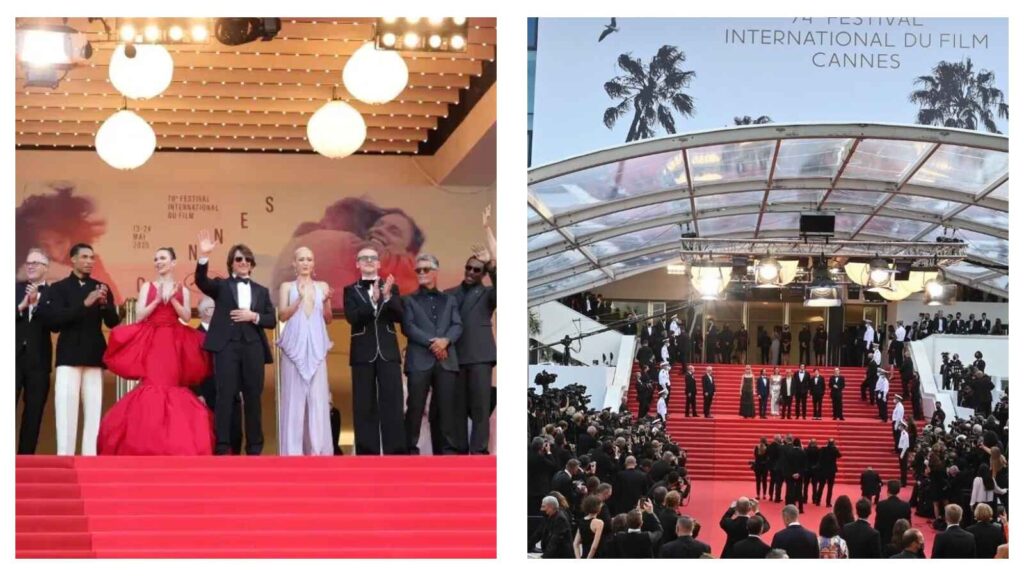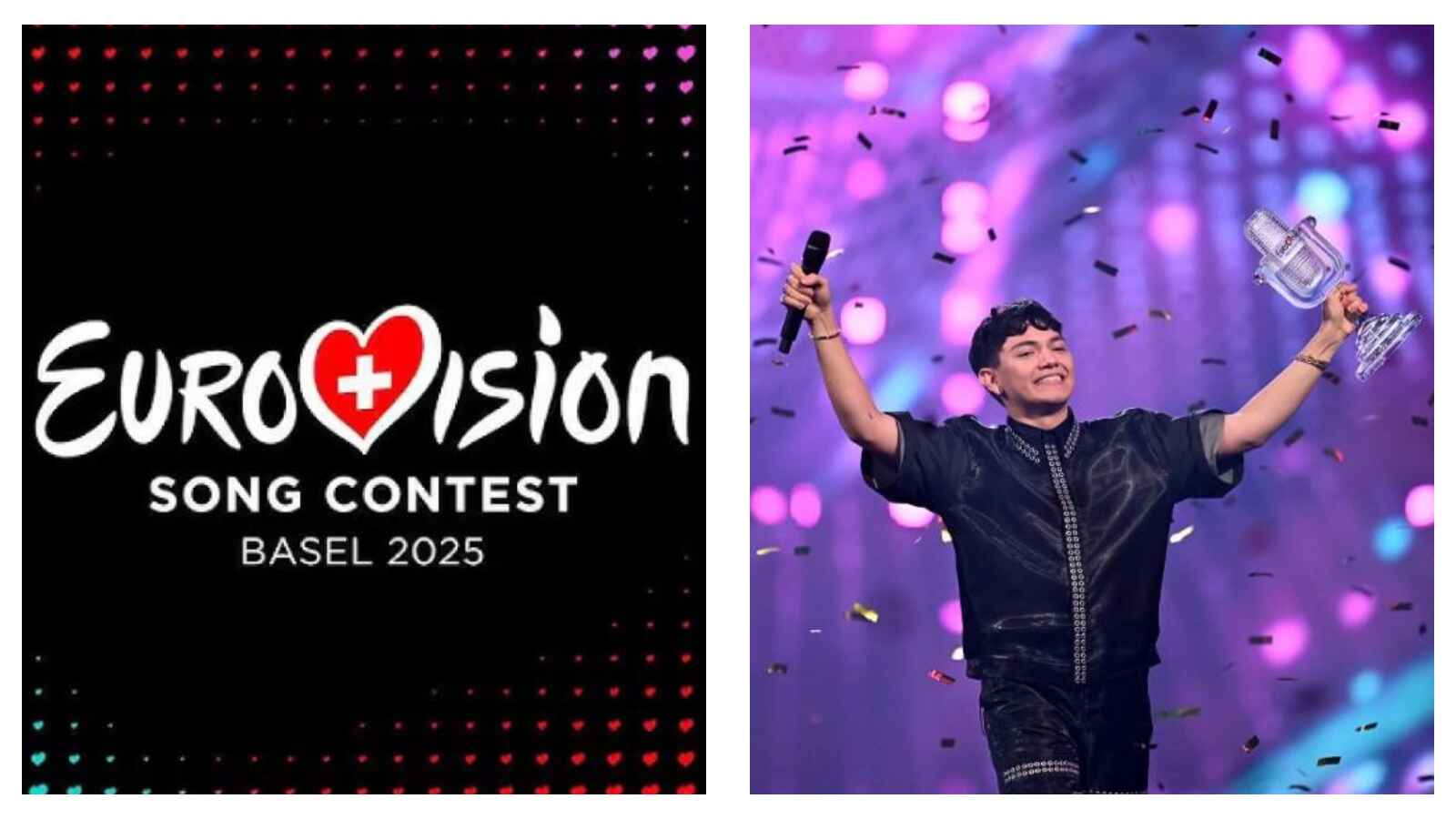By Eleni Poulios
Just like every year, Eurovision and its finalists amazed the audience with a broad spectrum of performances: From Greek Klavdia’s “Asteromata”, which is a heartfelt ballad about uprootedness, loss and one’s undying connection with their homeland, to Estonian Cash’s “Espresso Macchiato”, which is playfully mocking the Italian lifestyle, and of course many more talented artists who worked hard on their songs.
In the end, there can only be one winner and this year it was Austria’s Johannes ‘JJ’ Pietsch, who won with his operatic ballad “Wasted Love”, which ended with a techno breakdown and was performed on a storm-tossed ship.
As he accepted the glass microphone, the 24-year-old who was originally trained as a countertenor, said: “Thank you so much for making my dreams come true.
“Love is the strongest force in the world – let’s spread more love.”
Too close to call
Unlike in some previous years, this time it was a very close call when it came to determining the winner.
JJ ended up scoring 436 points, with Israel in second place on 357 and Estonia coming in third with 356 points.
It is Austria’s third win since the competition started in 1956.
READ MORE: 78th Cannes Film Festival opens with 12 days of screening

United by music
Eurovision’s motto is “United by music” but, even though the song contest is supposed to be unpolitical and neutral, the past few years have had their fair share of controversy and political debate.
The audience has been left wondering why certain countries are allowed to participate while others aren’t, or whether the winners have won because of the political situation in their countries.
This year was no different: For the second time in a row, the participation of Israel caused outrage among many and protestors were advocating for the country to be dismissed based on its military actions taken in Gaza.
Protests, which had been happening on the streets of Basel, ended up being taken into the arena as two protestors tried to reach the stage to disturb the performance of Israel’s entry, Yuval Raphael, a survivor of the Hamas attacks on October 7th 2023.
They were stopped by crew members before being able to do so, although “one of the two agitators threw paint and a crew member was hit,” stated Swiss broadcaster SRG SSR.
According to the Israeli delegation, the singer was left “upset and shaken” by the incident but at the same time “felt extremely proud” of her performance which, they said, “represented Israel in a respectful manner”.
Another aspect that caused chaos was the voting, with fan favourites not doing as well as everyone predicted while others got good results with the jury but not with the public.
Aside from this, Eurovision 2025 was deemed a success, with hundreds of thousands of people watching and enjoying the competition which next year will be held in Austria – hopefully with less political drama and controversy.
YOU MAY ALSO LIKE: Jessica Sanchez returns to America’s Got Talent stage after 20 years
